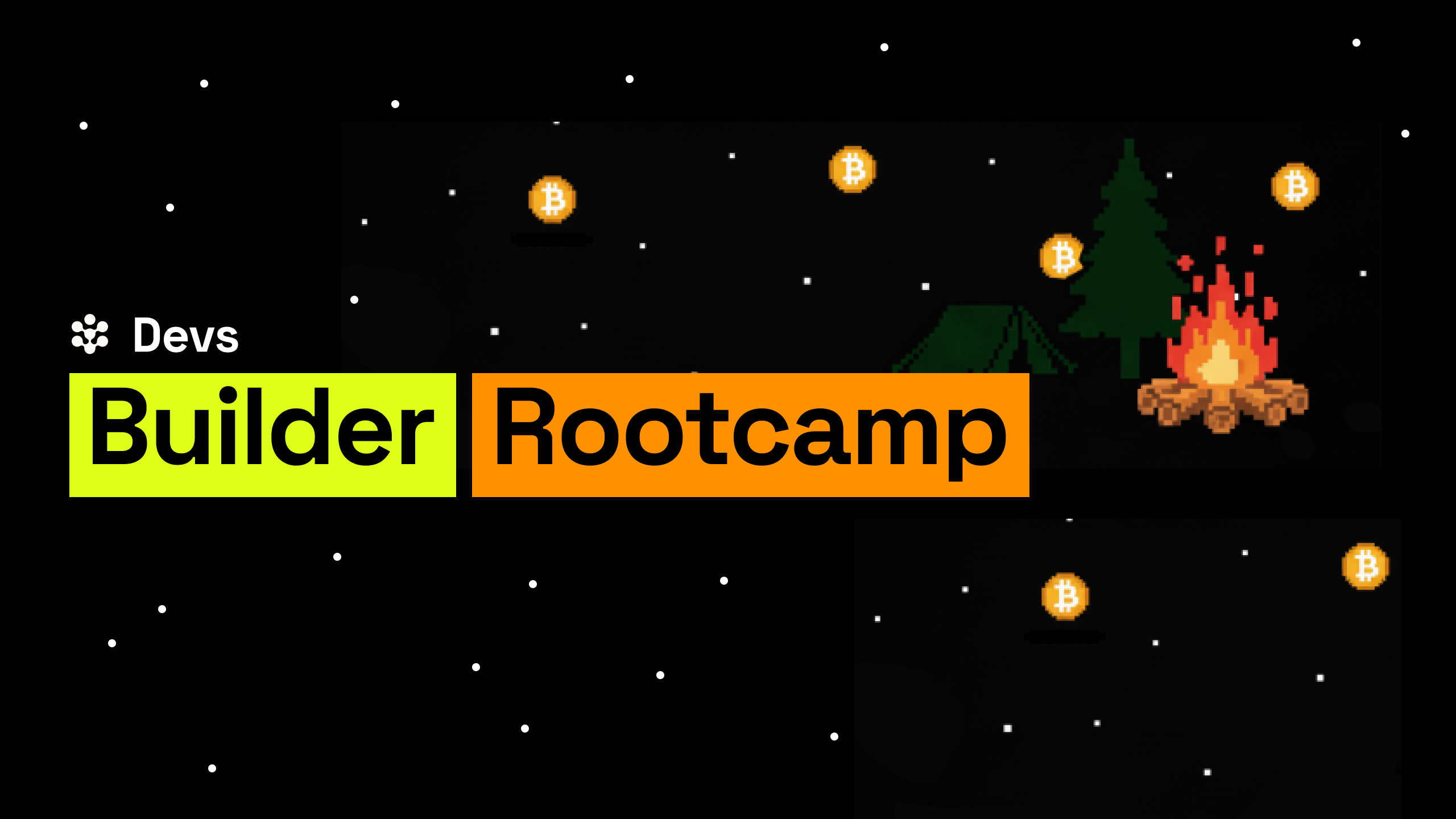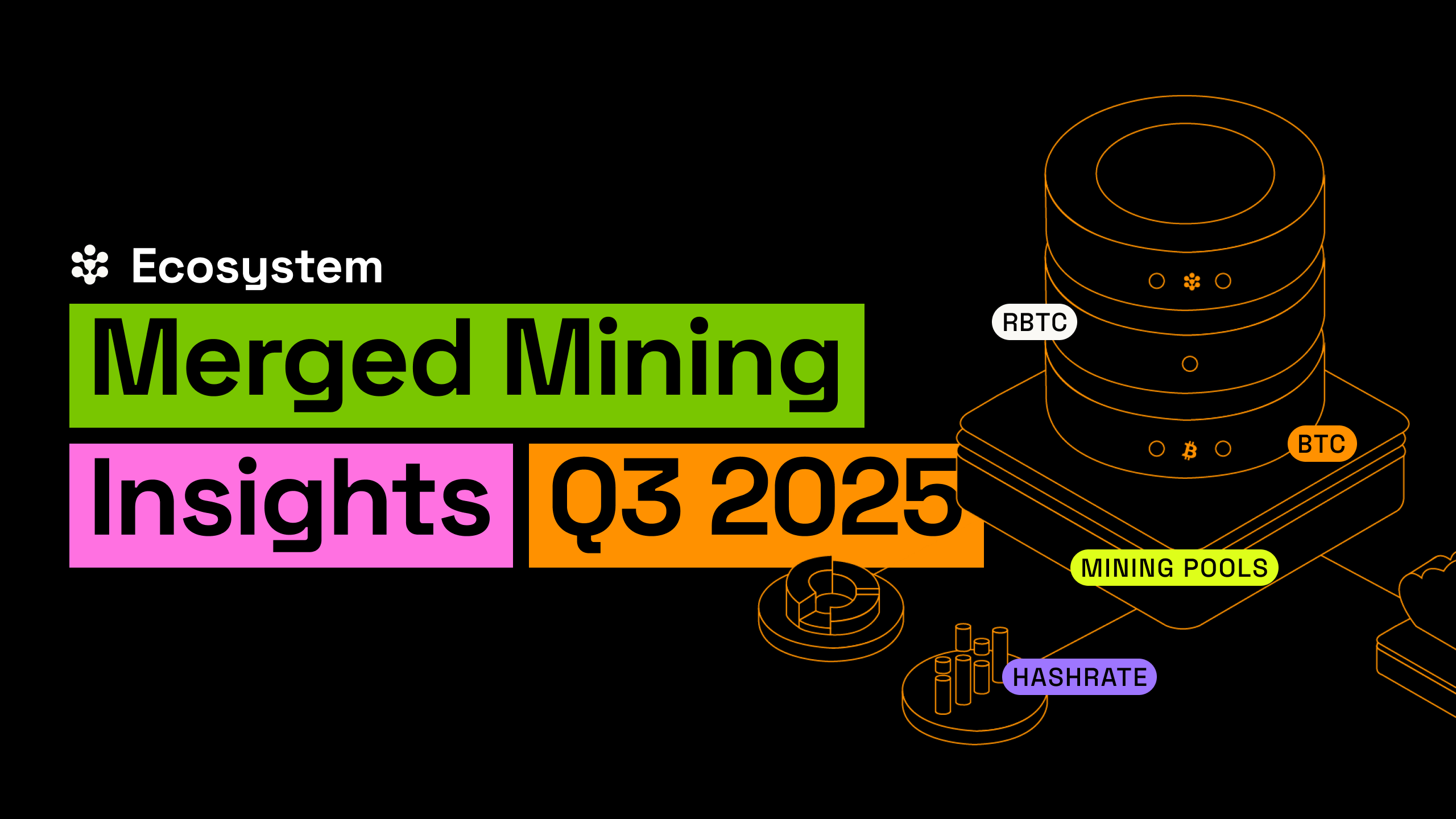As announced a few weeks ago, the RSK network will be undergoing a planned network upgrade at block number 1,591,000. This is expected to happen on Wednesday, July 31st, 2019.
What is a network upgrade?
A network upgrade is a change or group of changes to the protocol consensus rules, which are activated at a defined block number. As a consequence, if you adhere to these changes, please upgrade to the new client version before the network upgrade is activated. Otherwise, the non-updated node will remain on an incompatible chain.
How do I upgrade?
Download and update your RSKj node to Wasabi v1.0.0. before the upgrade is activated. This release has already been made available in our Github repo.
What changes are included in Wasabi v1.0.0?
A non-comprehensive list of changes included in this version is:
- New state internal data structure (Unitrie) introduces important performance and storage improvements.
- New opcodes included in RSK virtual machine (create2, shr, shl).
- New RSK native contracts (blockHeader, getBTCTransactionConfirmations).
- New transaction debugging rpc method (debug_traceTransaction).
- Security improvements and bug fixes.
You can find a complete list of the changes introduced in Wasabi 1.0.0 milestone.
Version 1.0.0 release’s sha256 sum is f67d4da176110b0b06e0684ecc5a341db189d17885c31ad8c0fe14992ab4f2f8 rskj-core-1.0.0-WASABI-all.jar. See Reproducible Build guide for further details.
Is there anything I need to consider when upgrading to Wasabi 1.0.0?
There is one important thing you need to know. Since the internal database structure of the node is changing in this release, the first time you run it a database migration process will take place. This is a one-time only process, and can take up to 15 minutes. Please pay attention to the information shown on screen, indicating the result of the process.
How do I report problems with this version?
It’s really important for us to know any problem you may have while running Wasabi 1.0.0. Please reach out on our Gitter community or directly through creating issues in our Github repository.
How do I report security vulnerabilities?
If you find a security issue, please contact us at security@rsk.co, or report it through our bug bounty program. We reward security experts, software developers and hackers who dedicate time and effort to improve the RSK platform.
Do you have further questions?
Please reach out with any feedback you would like to share with us through our social media channels and forums:
Twitter: https://twitter.com/RSKsmart
Telegram: https://t.me/RSKsmart
Gitter: https://gitter.im/rsksmart
Reddit: https://www.reddit.com/r/rootstock/
BitcoinTalk: https://bitcointalk.org/index.php?topic=3189777.0
If you are new to RSK, you may want to check our developer portal to find out how to start working on the RSK platform.

